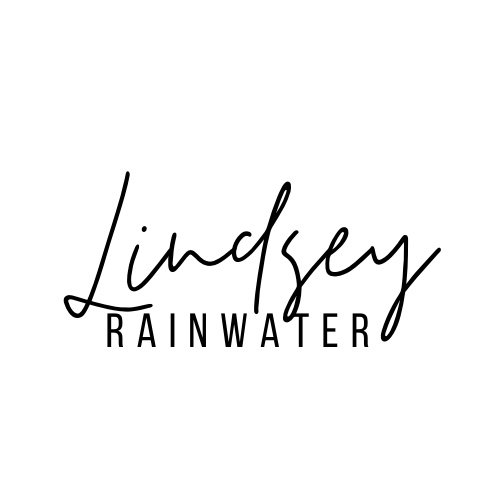One of my all time favorite leadership books is Good to Great by James Collins, I remember being in my early 20's and reading the book for the first time, it has remained a resource for me for over a decade. During my last read through the book, a concept stuck out to me that I had not really noticed before. Now I am sure it was because I was not ready to see the message, funny how life works that way, when the student is ready the teacher appears. The book centers around many wonderful topics, and the principle I want to share with you today is the art of the "stop, doing list". Isn't it intuitive for us to create a "to do list" that informs our actions throughout the day, of course! Collins suggest that we consider what to stop doing to really allow for true and dynamic discipline.
I love his thoughts he noted down on the topic found on his blog, jimcollins.com.
Each time the New Year rolls around and I sit down to do my annual resolutions, I reflect back to a lesson taught me by a remarkable teacher. In my mid-20s, I took a course on creativity and innovation from Rochelle Myers and Michael Ray at the Stanford Graduate School of Business, and I kept in touch with them after I graduated.
One day, Rochelle pointed to my ferocious work pace and said, "I notice, Jim, that you are a rather undisciplined person."I was stunned and confused. After all, I was the type of person who carefully laid out my BHAGs (big hairy audacious goals), top three objectives and priority activities at the start of each New Year. I prided myself on the ability to work relentlessly toward those objectives, applying the energy I'd inherited from my prairie- stock grandmother.
"Your genetic energy level enables your lack of discipline," Rochelle continued. "Instead of leading a disciplined life, you lead a busy life."
She then gave me what I came to call the 20-10 assignment. It goes like this: Suppose you woke up tomorrow and received two phone calls. The first phone call tells you that you have inherited $20 million, no strings attached. The second tells you that you have an incurable and terminal disease, and you have no more than 10 years to live. What would you do differently, and, in particular, what would you stop doing?
That assignment became a turning point in my life, and the "stop doing" list became an enduring cornerstone of my annual New Year resolutions — a mechanism for disciplined thought about how to allocate the most precious of all resources: time.
Rochelle's challenge forced me to see that I'd been plenty energetic, but on the wrong things. Indeed, I was on entirely the wrong path. After graduate school, I'd taken a job at Hewlett- Packard. I loved the company, but hated the job. Rochelle's assignment helped me to see I was cut out to be a professor, a researcher, a teacher — not a businessman — and I needed to make a right-angle turn. I had to stop doing my career, so that I could find my real work. I quit HP, migrated to the Stanford Business School faculty and eventually became — with some remarkable good luck along the way — a self-employed professor, happily toiling away on my research and writing. -Jim Collins
Article can be found on Jim's Blog, Click here to see full article
Often when we create a new plan to ignite change, that plan is often coupled with initiates and tasks to set us on the new path and direction. In pausing to reflect about other possibilities, one suggestion that Mr Collins makes is that of evaluating what can potentially be stopped instead of started. Making the choice and having the discipline to stop is a high level demonstration of self awareness and discipline. Like he talks about in the article, busy can be a state we find ourselves in and without the proper discipline, can end up not accomplishing a whole lot even if we feel like we are and instead we are delusional to the reality we have created.
As you create plans for next year, business and your own new year goals, consider what you could stop doing instead of adding in more new initiatives. Ask yourself the 20-10 rule that collins mentions, what would you do differently?
The hardest part of change is having the motivation and discipline to sustain the change, and a large force can be a person to support that process. Reach out to me, I love to support people amidst change and would enjoy hearing about your plan and how it is going. Send me a note below, and let's talk about what you are going to STOP doing.
Lindsey Rainwater, also known as Lindsey RainH2O, is a sought-after business consultant, leadership coach, writer and presenter to the fitness and wellness industry. For more information about Rainwater, follow her on Twitter @LindseyRainH2O





